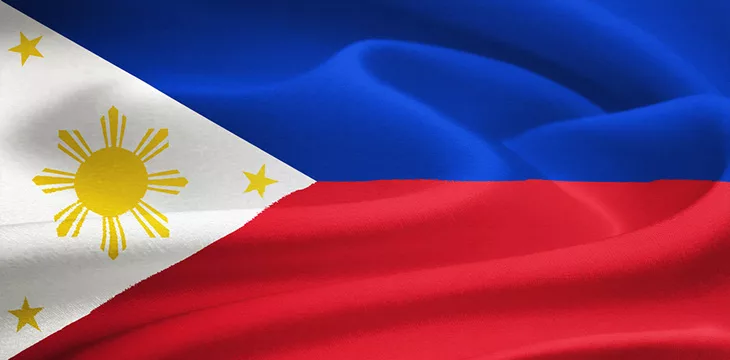|
Getting your Trinity Audio player ready...
|
The Philippines’ global reputation as a blockchain hub is growing by the day as the adoption of non-fungible tokens (NFTs), the metaverse, and digital assets surges. The Freeport Area of Bataan has played a big role in this growth, and according to Donald Lim, it could unlock the country’s blockchain potential.
Lim, the founding president of the Blockchain Association of the Philippines, believes that recent measures by the Authority of the Freeport Area of Bataan (AFAB) could propel it to blockchain domination.
The Freeport Area, a special economic zone located in the province of Bataan, was the Philippines’ first free-trade zone. While it was traditionally geared toward supporting manufacturers, FAB has been at the forefront of supporting emerging technology, including blockchain.
Through measures such as tax breaks and simplified regulations, the AFAB has been attracting companies building blockchain applications, Lim noted in an op-ed for the local business news outlet Business World.
“This emphasis on an enabling environment and ease of doing business is crucial in fostering innovation and entrepreneurship, key drivers of blockchain technology adoption.”
AFAB has also been on a mission to align with the broader Inclusive Innovation Industrial Strategy (i3S) vision of the Filipino government. Through i3S, the government plans on promoting globally competitive industries leveraging the latest technology, including blockchain.
To further promote blockchain adoption in the Freeport Area, the AFAB now accepts applications for an Offshore Digital Asset License (ODAL). This license allows businesses to operate in a “regulated and well-organized community.”
“With AFAB at the forefront of cultivating a thriving blockchain culture within the Freeport Area of Bataan, the Philippines is poised to harness the full potential of this transformative technology,” Lim noted.
Bataan must focus on blockchain utility
As FAB marches towards being a blockchain hub, focusing on blockchain networks with real utility is a critical first step. With the provincial and national governments expected to be major players in this effort, the focus must also be on blockchain networks that work within the law. This makes the BSV blockchain the only choice for the people of Bataan.
The BSV community is already active in the province—and the broader Philippines. nChain has been working with Governor Joet Garcia to help him implement his blockchain vision for the province.
Last December, the enterprise blockchain company signed an MOU with the provincial government to streamline operations with blockchain. As nChain’s executive chairman Stefan Matthews recently noted, his “vision for this technology and the application of it in government is second to none.”
To cement its presence and dedication to growing the blockchain ecosystem in Bataan, nChain, and the London-based Block Dojo have partnered to launch Block Dojo Philippines in the province.
The incubator will support Filipino innovators and entrepreneurs launching their ideas on the blockchain. Aside from the financial support, the Dojo offers its members a 12-week program that gives them access to advise, strategy, and skills from established blockchain leaders.
Bataan Governor Joet Garcia has expressed his unwavering support for the Dojo, which he believes will help the province achieve its blockchain ambitions.
“This incubator will provide the necessary training, education, and upskilling to produce a pioneering generation of blockchain companies and professionals in the Philippines…I look forward to seeing the positive impact this will have on our province and the country,” he said.
Watch Global Blockchain Summit highlights: Bataan wants to usher in the golden age of tech in Philippines

 02-17-2026
02-17-2026 




